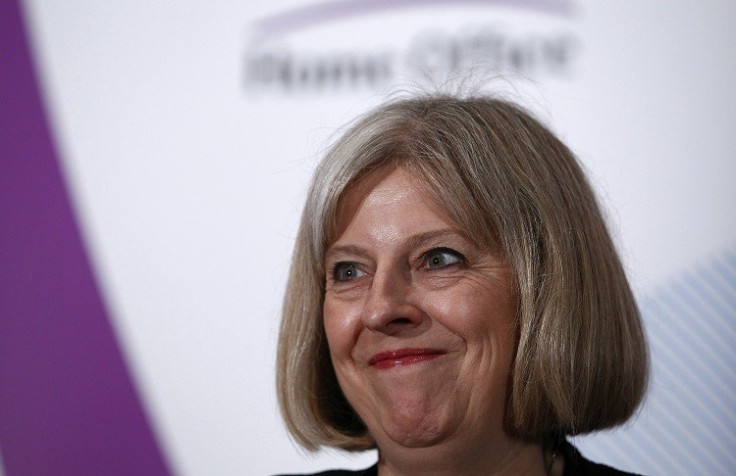Entrepreneur Visas Failing, Says Independent Border Watchdog John Vine

Hundreds of migrants could have entered or stayed in the UK when they should have been refused, according to a report by the Independent Chief Inspector of Borders and Immigration.
John Vine said that more than a third (37.5%) of the decisions on prospective migrants' applications for entrepreneur visas during the 2011/12 financial year were not "reasonable".
"I expect the Home Office to take immediate steps to improve the quality of its decision-making on entrepreneur cases," Vine stressed.
The report found that the entrepreneur application backlog increased by 1,520% between February and December 2012.
Vine said: "[Home office] staff told me this was primarily the result of the closure of the Post Study [application] route in April 2012, which resulted in a displacement of applicants into the entrepreneur category."
He slammed the Home Office for "[failing] to anticipate the scale of the increase", which peaked at 9,000 cases in March 2013.
The backlog was reduced by more than 70% by July 2013 but Vine stressed that the Home Office had to ensure that dealing with applications was not achieved at the expense of decision quality.
Vine also discovered that visa applications were stored overnight in crates in open-plan offices.
"We do not believe this is acceptable," the report said. "We raised this with senior managers and as a result they agreed to store these files in lockable rooms with restricted access."
The Home Office accepted four out of five recommendations in Vine's report, including improving the quality of its decision-making on entrepreneur applications, ensuring that personal data is stored securely, ensuring that appeal and administrative review outcomes are shared with case workers, and ensuring that application intake forecasts better reflect the potential consequences of policy changes.
Senior civil servants also accepted in part Vine's proposal to ensure that the reasons for Home Office decisions on applications are properly evidence and recorded.
"Whilst the Home Office accepts that reasons for its decisions must be properly recorded, it is important that we strike the right balance between retaining appropriate evidence on case files and offering a fast and efficient service that provides value for money for both the customer and the tax payer," said the Home Office.
© Copyright IBTimes 2024. All rights reserved.























